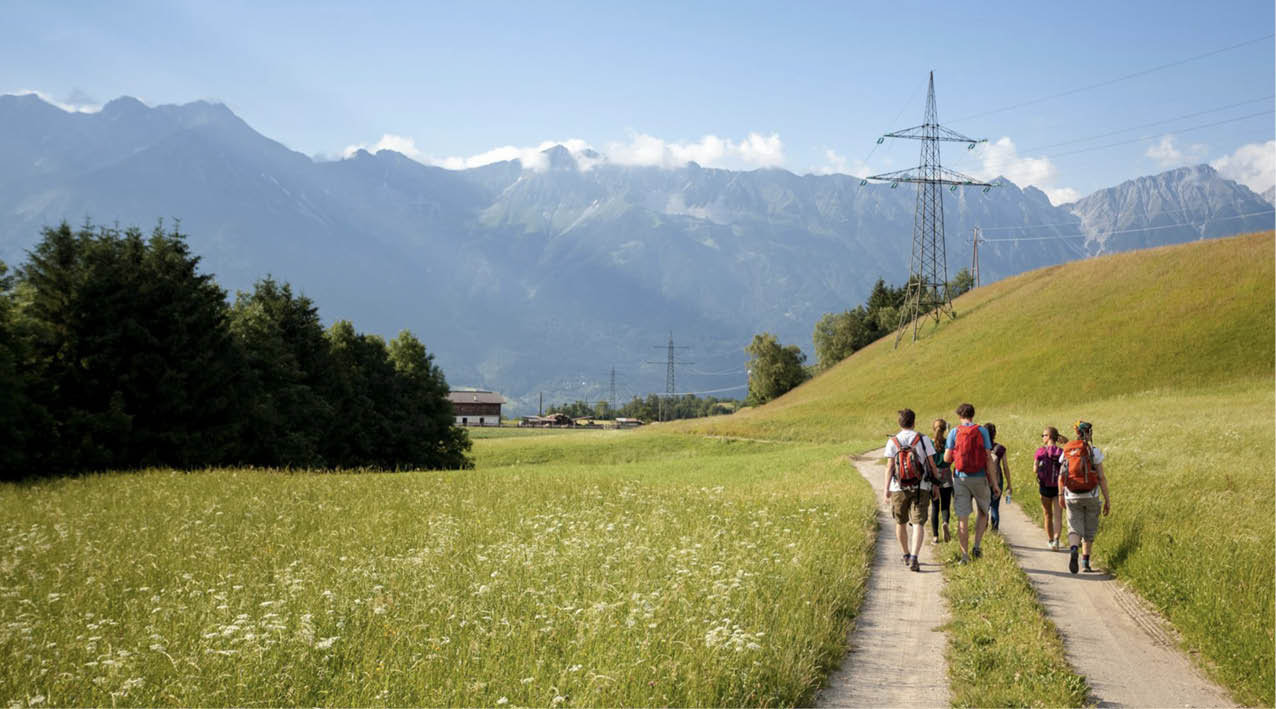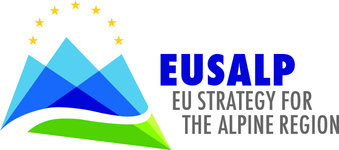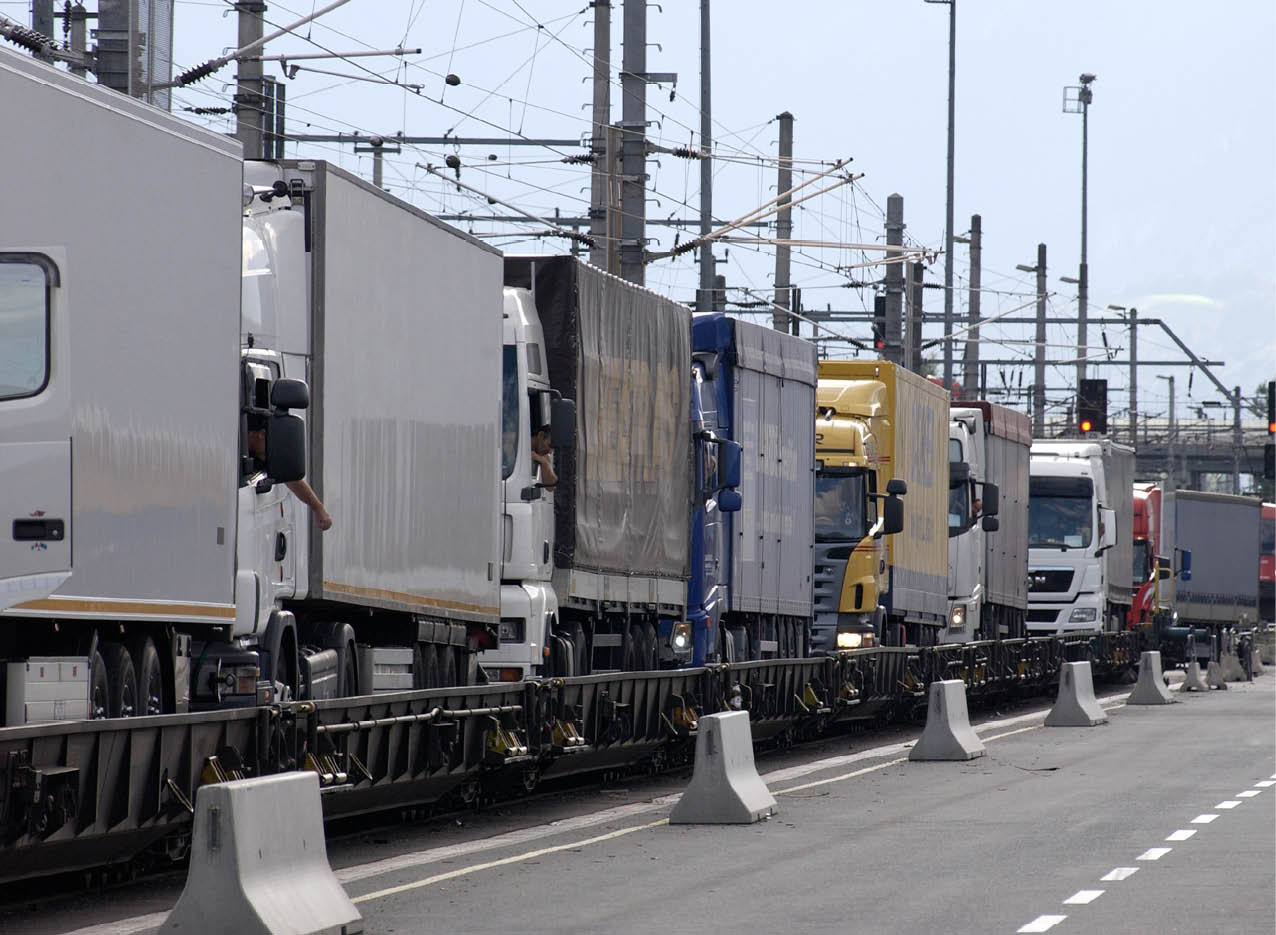Introduction
The Alpine Region: a sensitive area under high transport pressure

Alps as recreation area / © Alessandro Cristofoletti, Alpine Convention
The Alps are an extremely sensitive environment located in the heart of the European continent. Special geographical features cause particular constraints regarding connectivity, accessibility and transport infrastructure. Transport is one of the main causes of climate change – almost thirty percent of all greenhouse gases in the Alps can be attributed to transport – and both passenger and freight traffic volumes are rising continuously. Road transport in particular causes negative externalities such as air pollution, noise and traffic congestion. This makes mobility one of the biggest challenges for the social, economic and ecological development of the Alpine regions. A coordinated approach giving way to a coherent strategy is required to tackle these challenges in order to ensure a sustainable development for the Alps.
The Vienna Declaration of the UNECE Conference on Transport and the Environment (Vienna 1997) defined “sensitive areas” as a field of action requiring sustainable transport development. Sensitive areas are valuable for different reasons. These areas include rare landscapes and habitats, unspoiled areas, intact cultural historic landscapes and nature protection zones. These areas are valuable because of their material advantages, such as contribution to the purification of water and air, maintain biodiversity, protection against dangers, alleviation of climatic impacts, like for example floods etc. There are also non-material benefits, for example stress reduction, leisure time recreation and enjoyment of nature, sense of identity and home, etc. for the individual and society as a whole (T&E 2005). The Alpine Region and their traffic corridors of international relevance are sensitive areas regarding all kind of traffic emissions.
The Vienna Declaration of the UNECE Conference on Transport and the Environment (Vienna 1997) defined “sensitive areas” as a field of action requiring sustainable transport development. Sensitive areas are valuable for different reasons. These areas include rare landscapes and habitats, unspoiled areas, intact cultural historic landscapes and nature protection zones. These areas are valuable because of their material advantages, such as contribution to the purification of water and air, maintain biodiversity, protection against dangers, alleviation of climatic impacts, like for example floods etc. There are also non-material benefits, for example stress reduction, leisure time recreation and enjoyment of nature, sense of identity and home, etc. for the individual and society as a whole (T&E 2005). The Alpine Region and their traffic corridors of international relevance are sensitive areas regarding all kind of traffic emissions.
EUSALP Action Group 4 Mobility (AG4)
To promote inter-modality and interoperability in passenger and freight transport.
The AG4 offers a platform to coordinate and harmonise the activities of Alpine regions and countries for a sustainable transport and mobility system. Its mission is to build a common understanding of transport policy and mobility, to define common objectives and to launch specific activities and projects.
The AG4 offers a platform to coordinate and harmonise the activities of Alpine regions and countries for a sustainable transport and mobility system. Its mission is to build a common understanding of transport policy and mobility, to define common objectives and to launch specific activities and projects.
In order to address the most important challenges and opportunities concerning mobility in the Alpine Region, the AG4 works towards the following objectives:
To promote inter-modality and interoperability in passenger and freight transport in particular by removing infrastructure bottlenecks, bridging missing links, modernizing infrastructure as well as coordinating timetables and interconnecting transport information.
To support modal shift from road to rail. In order to tackle environmental and social challenges caused by excessive traffic flows of freight and passenger transport the AG4 promotes the harmonization and implementation of modal shift policies with a focus on toll systems.
To develop cooperation and greater integration between the existing bodies and structures in the field of transport to avoid duplications of work and to encourage the alignment of funding. Strong links have already been established with the Alpine Convention, the Suivi de Zurich Process, as well as the iMONITRAF! Network.


